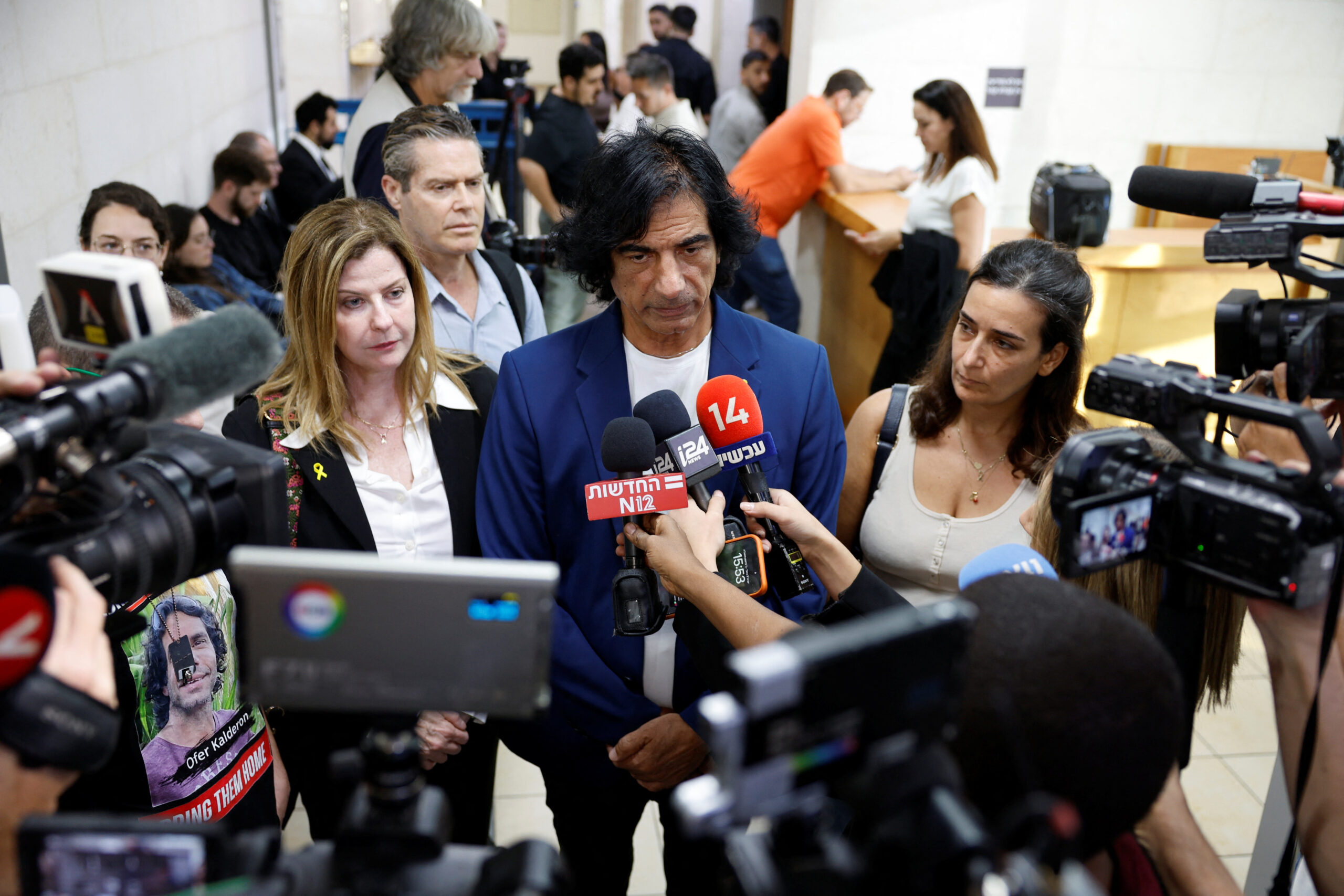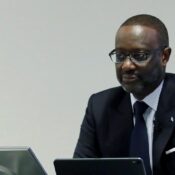
Sandu of Moldova vows to bring about change following a close victory in the runoffs
Maia Sandu, the president of Moldova, acknowledged the precarious position her pro-Western forces held ahead of a parliamentary election next summer when she pledged to ring the reforms after narrowly winning a runoff presidential poll.
A former prosecutor general supported by a typically pro-Russian party lost to Sandu, who has pushed the former Soviet state’s attempt to join the European Union, in a vote tainted by accusations of election intervention by Moscow, which it disputes.
The election also revealed long-standing public complaints, and Sandu’s victory—which came to 55.33% of the total vote—was only made possible by the significant support of Moldovans who cast ballots from abroad. She lost by a significant margin inside the nation’s boundaries.
The need for change—changes that society has been waiting for—was another factor that influenced this vote, and I completely understand that. As Sandu stated in a victory address, “I want you to know that I have heard all voices, including the critical ones.”
In her vow to serve as “president for all of you,” she urged people to put aside their grievances and discontent and band together to defend the nation, which she claimed had been the subject of widespread electoral meddling.
Sandu’s victory was praised by U.S. President Joe Biden, who said Russia had not succeeded in “undermining Moldova’s democratic institutions and election processes.”
He claimed that the Moldovan people have “selected to follow a path aligned with Europe and democracies everywhere.”
Maria Zakharova, a spokesperson for the Russian Foreign Ministry, noted “unprecedented repression of the opposition and independent media” and criticized the election as the “most undemocratic” in the nation’s post-Soviet history.
Despite claiming that the results revealed a “deep split” in Moldovan society, she remained silent regarding claims of Russian interference.
The Socialist Party, which supported Alexandr Stoianoglo, her opponent in the race, declared that it did not believe her administration was genuine, referring to her as the “president of the diaspora” and accusing her of mass falsification.
According to police and security officials, Moscow and pro-Russian fugitive tycoon Ilan Shor conspired to rig the election by using millions of dollars to purchase people’s ballots. Shor denies any misconduct as well.
As the election progressed on Sunday, Sandu’s security adviser cited allegations of Moldovans being transported by organized transportation from Moscow to polling places overseas and of bomb hoaxes at polling places in Europe that may have been intended to obstruct voting.
In Brussels, Sandu’s win was welcomed a week after Georgia, another former Soviet state vying for EU membership, re-elected a ruling party seen in the West as becoming more pro-Russian.
“The staggering level of election meddling is a forewarning of things to come in both EU and non-EU nations. One EU ambassador told Reuters, “This is a welcome dose of good news for the time being.”
Taking center stage is domestic agenda.
Moldovan political analyst Vitaly Andrievski stated that in order to pick a government, authorities must stop outside meddling before the legislative election. Sandu’s PAS party is expected to struggle to keep its majority.
But Andrievski said the first priority for Sandu, her government and party was to focus on economic conditions in Moldova, a poor agricultural nation of fewer than 3 million people.
The economy has been buffeted by setbacks since Sandu came to power in 2020, first by the pandemic and then by the 2022 Russian invasion of neighbouring Ukraine, which triggered a huge influx of refugees.
Russia also sharply reduced cheap gas supplies to Moldova, driving up energy prices and stoking high inflation, which hit 32% in 2022. Inflation has now fallen below 5% and the economy is forecast to grow by 2.2% this year after just 0.7% in 2023.
More than a dozen voters who spoke to Reuters outside a polling station in the traditionally pro-Russian autonomous region of Gagauzia, where Stoianoglo won most of the votes on Sunday, voiced disquiet over the state of the economy.
“Prices are high, everything is expensive, everything. The people move abroad, leaving their homes behind,” said Dmitri, 57, who declined to give his surname.
Valeriu Pasha, director of the Chisinau-based WatchDog NGO that analyses Moldovan affairs, said it was wrong to distinguish between voters inside the country and the diaspora.
He noted that Moldovans overseas send remittances, a major source of cash for the economy.
Pasha said Sandu’s government needed to make progress on tackling corruption, reforming the justice system and improving communications with local authorities and people.
He said the election showed Moldova remained vulnerable to outside interference.
“For the parliamentary elections, it will be much harder to prevent the impact of this interference,” Pasha added.
All Categories
Recent Posts
Tags
+13162306000
zoneyetu@yahoo.com



